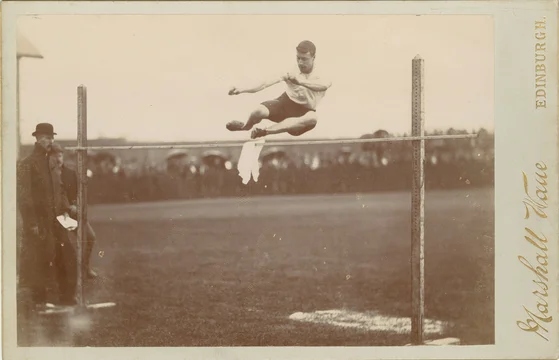We try to keep it light here at IP/DE, but sometimes I actually learn something and I feel sort of obliged to pass it on. You know, some real dark arts stuff that I wouldn't have known if I didn't have to read absolutely everything written in the district for this blog.

Today's bit of lore today is about damages, and a split amongst district courts that visiting Judge Bryson has taken a stand on. Can a corporate parent can claim lost profits that would have initially accrued to its subsidiary?
The trite answer to this is "no." The Federal Circuit has squarely held that "a patentee may not claim, as its own damages, the lost profits of a related company." Warsaw Orthopedic, Inc. v. NuVasive, Inc., 778 F.3d 1365, 1375 (Fed. Cir. 2015). However, as Judge Bryson pointed out in his opinion in Kaneka Corp v. Designs For Health, Inc., C.A. No. 21-209 (D. Del. Mar. 3, 2023) (Mem. Op. & Order), several courts have held that lost profits of a subsidiary can still be claimed if they flow "inexorably" from the subsidiary to the parent.
Judge Bryson agreed, stating
To be sure, the Federal Circuit has not expressly recognized that lost profits can be awarded when those profits flow inexorably from a subsidiary to the patentee . . . I find the weight of district court authority on that point to be persuasive, however, and I hold that Kaneka may be entitled to lost profits if it can establish that KNA’s profits flowed inexorably to Kaneka.
Id. at 25 (internal citations omitted).
Interestingly, Judge Robinson appears to have written one of the first decisions on this issue all the way back in 2010 in Callaway Golf Co. v. Acushnet Co., 691 F. Supp. 2d 566, 575 (D. Del. 2010), holding:
In connection with Acushnet's criticism that Mr. Napper has calculated lost profits on sales by companies that do not own the Sullivan patents, I conclude that where the profits of a wholly-owned subsidiary flow up to the parent, inclusion of such profits is appropriate
It's a decision you see cited hither and yon in subsequent opinions on the issue, but it appears to be the last word on this issue in DE until today.
If you enjoyed this post, consider subscribing to receive free e-mail updates about new posts.



